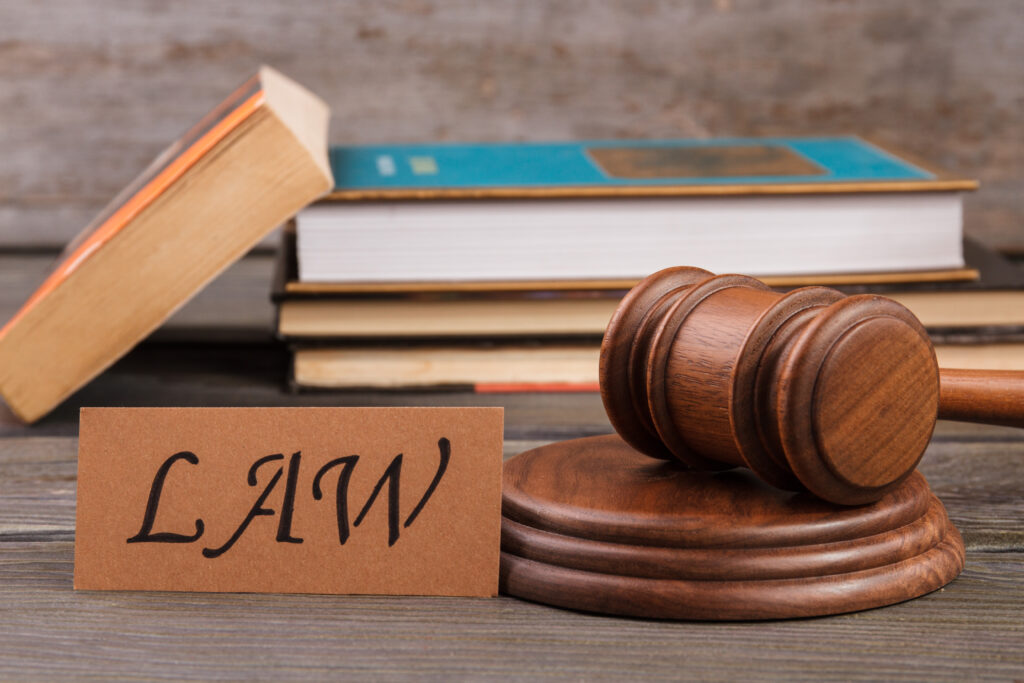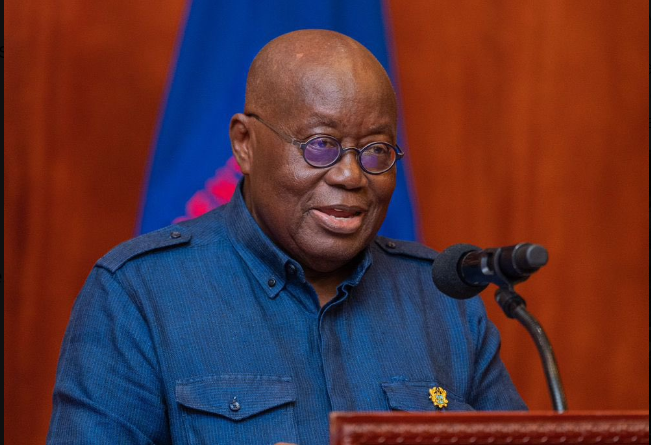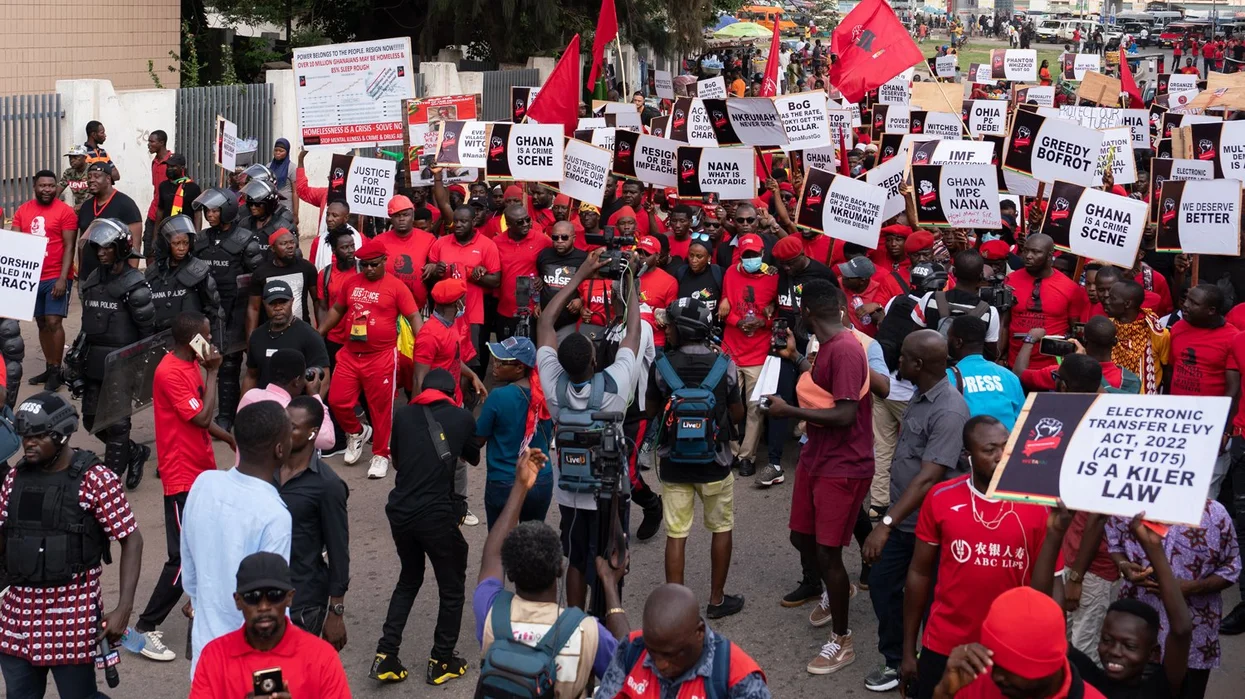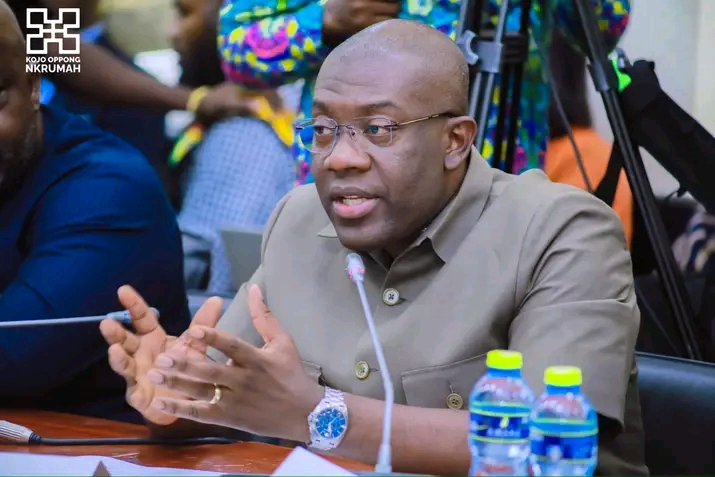By: Emmanuel Amoah
In a development that has raised significant alarm, a high court in Ghana has prohibited a scheduled protest against the country’s severe cost of living crisis. Organized by various civil society groups, the protest aimed to highlight the economic hardships experienced by millions of Ghanaians and to press the government for action.
High Court Justice Abena Afia Serwaa granted the police’s request to ban protests planned between July 31 and August 6, citing insufficient personnel to provide security as many officers are deployed to political rallies amidst election campaigning. Concerns about potential violence and disruption were also cited by the police and government.

However, the organizers argue that this decision is an attempt to stifle dissent and suppress the citizens’ rights to peacefully assemble and express their grievances.
This prohibition is part of a wider trend in Africa, where governments are increasingly cracking down on youth-led protests addressing economic hardship, corruption, and poor governance. Human rights groups and political analysts are monitoring the situation closely, warning of a growing threat to democracy and human rights in Ghana.
The planned protest sought to draw attention to the government’s management of the economy, including high inflation and a depreciating currency, which have significantly increased the cost of living for many citizens. Organizers also intended to protest delays in passing an anti-LGBT bill into law.

With the ban in place, there are escalating concerns about the state of democracy and human rights in Ghana. Many are calling for the government to respect the rights of citizens to peacefully assemble and express their grievances, warning that suppressing dissent could worsen the nation’s economic and social challenges






